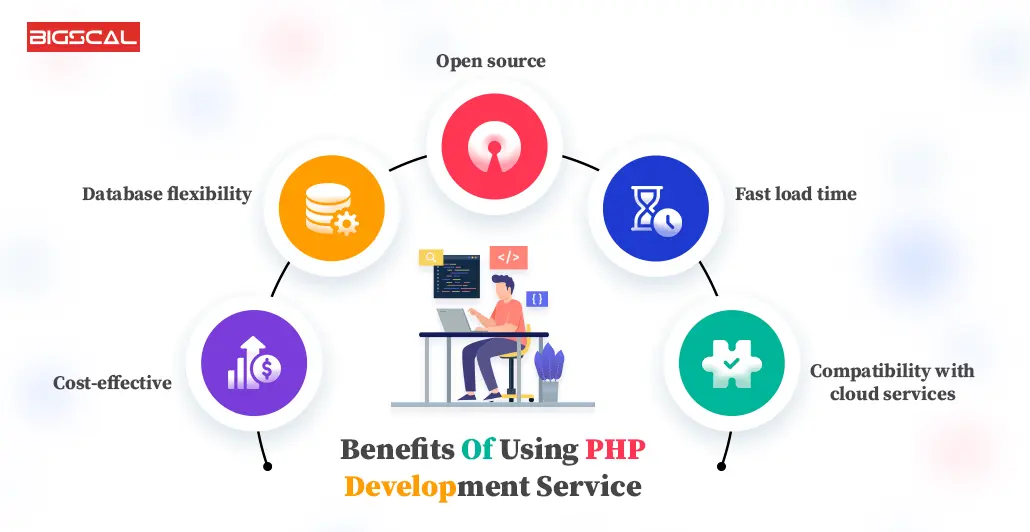Aoteng Insights
Your go-to source for the latest trends and insights.
PHP Development: A Journey Through Code and Chaos
Explore the wild world of PHP development! Join our journey through code, chaos, and creativity to unlock your programming potential.
Understanding PHP: A Comprehensive Guide to Its Features and Functions
PHP, or Hypertext Preprocessor, is a widely-used open-source scripting language specifically designed for web development. It offers a robust framework for creating dynamic web applications and serves as the backbone for popular content management systems like WordPress and Drupal. One of the essential features of PHP is its ability to interact seamlessly with databases, predominantly MySQL, allowing developers to store, retrieve, and manage data efficiently. Additionally, PHP supports numerous libraries and extensions that enable developers to implement various functionalities, from image processing to complex data manipulation.
Another vital aspect of PHP is its versatility and ease of integration with HTML, making it straightforward for developers to embed PHP scripts within web pages. This capability streamlines the development process and enhances performance. Furthermore, PHP follows a simple syntax that is easy to grasp for beginners while still offering advanced features for experienced programmers. With its vast community support and extensive documentation, anyone looking to understand PHP will find resources readily available. Whether you are a novice or a seasoned developer, comprehending the fundamental aspects of PHP will significantly empower your web development skills.

Common PHP Errors and How to Troubleshoot Them
When working with PHP, developers frequently encounter common errors that can hinder their progress. Understanding these errors is crucial for efficient troubleshooting. Some of the common PHP errors include syntax errors, which occur when there is a mistake in the code structure, and runtime errors, which arise during the execution of the script. One effective way to pinpoint these issues is by enabling error reporting. You can do this by adding the following line at the beginning of your PHP script: error_reporting(E_ALL); This will display all errors, helping you identify and fix them promptly.
Another prevalent issue is the 'undefined variable' error, which can occur when trying to use a variable that hasn't been declared. To troubleshoot this, ensure that all variables are properly initialized before use. Additionally, debugging tools and practices, such as using var_dump() or print_r(), can help make the debugging process more straightforward. Consider employing PHP's built-in debugging functions, which can cut down on development time and enhance your overall coding experience.
How to Optimize PHP Performance for High-Traffic Websites
Optimizing PHP performance is crucial for high-traffic websites to ensure fast load times and a seamless user experience. To start, consider implementing opcode caching using tools like OPcache. This can significantly reduce the time it takes to execute PHP scripts by storing precompiled script bytecode in memory, which reduces server load and speeds up response times. Additionally, make sure to utilize a PHP accelerator to improve overall performance by caching the compiled version of scripts. You can further enhance performance by minimizing the use of complex operations within your PHP code and ensuring that your database queries are optimized and indexed properly.
Another essential aspect of optimizing PHP performance for high-traffic websites is proper resource management. Utilize server-side caching techniques such as Memcached or Redis to cache database query results, reducing the need for repeated database access and thus lowering server load. Additionally, consider implementing lazy loading for images and other resources to speed up initial page loading times. Follow best practices for file management, including compressing assets and utilizing content delivery networks (CDNs) to serve static content efficiently. By applying these methods, you can significantly enhance the speed and reliability of your PHP applications under heavy traffic conditions.